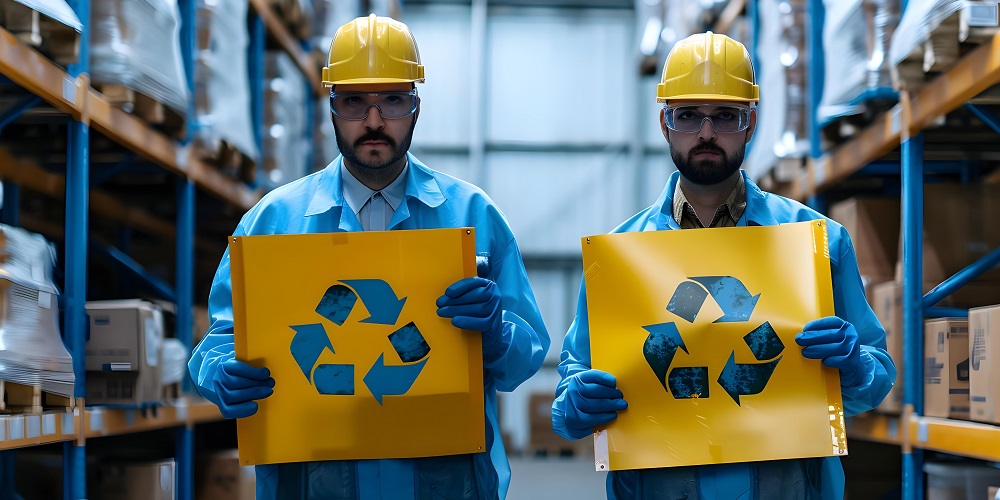
Hazardous waste disposal is a critical concern for businesses across various industries. Improper handling and disposal of hazardous materials can lead to significant environmental harm, legal liabilities, and public health risks. To mitigate these issues, businesses must adopt effective hazardous waste disposal practices.
Understanding Hazardous Waste
Hazardous waste is defined as waste that poses substantial or potential threats to public health or the environment. This can include substances that are toxic, flammable, corrosive, or reactive. Industries such as manufacturing, healthcare, and automotive often generate hazardous waste, making it essential for businesses to recognize the types of waste they produce and the associated risks. Developing a hazardous waste management plan is crucial. As noted in a Canadian Business article about Patrick Dovigi, responsible management practices can mitigate environmental impact.
Developing a Hazardous Waste Management Plan
A comprehensive hazardous waste management plan is the foundation of effective disposal practices. Businesses should:
-
Conduct a Waste Audit: Assess the types and quantities of hazardous waste generated. This will help identify specific waste streams that require attention and management.
-
Establish Clear Procedures: Create detailed procedures for the proper handling, storage, and disposal of hazardous waste. This should include instructions for employees on how to manage hazardous materials safely.
-
Train Employees: Regular training programs should be conducted to educate employees about hazardous waste identification, safe handling practices, and emergency response measures. Ensuring that all staff members understand their roles and responsibilities is crucial for compliance and safety.
Proper Storage Practices
Proper storage of hazardous waste is vital to prevent leaks, spills, and accidental exposure. Businesses should:
-
Use Designated Storage Areas: Store hazardous waste in specific, clearly labeled areas to prevent cross-contamination with non-hazardous materials.
-
Select Appropriate Containers: Use containers that are compatible with the type of hazardous waste being stored. Containers should be durable, properly sealed, and in good condition to avoid leaks.
-
Implement Regular Inspections: Conduct routine inspections of storage areas and containers to ensure they remain intact and free of damage. Promptly address any issues that may arise.
Complying with Regulations
Adhering to local, state, and federal regulations is essential for businesses managing hazardous waste. This includes:
-
Understanding Legal Requirements: Familiarize yourself with the regulations that govern hazardous waste disposal in your area. This may involve obtaining necessary permits and ensuring compliance with guidelines set by environmental agencies.
-
Keeping Accurate Records: Maintain comprehensive records of hazardous waste generation, storage, and disposal. Documentation is essential for audits and can help demonstrate compliance with regulatory requirements.
Collaborating with Professional Disposal Services
For many businesses, partnering with a licensed hazardous waste disposal company is an effective way to ensure safe and compliant waste management. When selecting a disposal service, consider:
-
Reputation and Experience: Choose a company with a proven track record in hazardous waste disposal and a good reputation in the industry.
-
Compliance with Regulations: Ensure that the disposal service adheres to all local, state, and federal regulations concerning hazardous waste.
-
Transparency and Reporting: Look for a service provider that offers clear reporting and documentation of waste disposal practices, providing peace of mind and accountability.
Continuous Improvement
Finally, businesses should adopt a mindset of continuous improvement regarding hazardous waste disposal practices. Regularly review and update your waste management plan, incorporate feedback from employees, and stay informed about advancements in waste management technologies and practices. This proactive approach will help your business minimize waste, enhance sustainability efforts, and protect the environment.